How Hurricanes Michael, Florence May Have Spread Nonnative Species
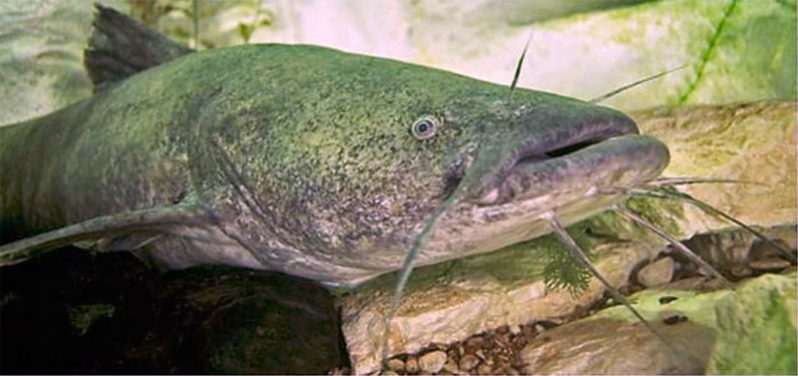
Hurricane Florence’s floodwaters and Hurricane Michael’s storm surge caused obvious devastation to natural areas, but a subtler set of harms is harder to see. Potentially destructive nonnative aquatic species, such as fast-growing plants that can choke waterways and hungry snails that can attack crops, can fan out across the landscape in the storms’ waters, spreading unseen and becoming hard to eradicate.
A Russian village swallowed by sand
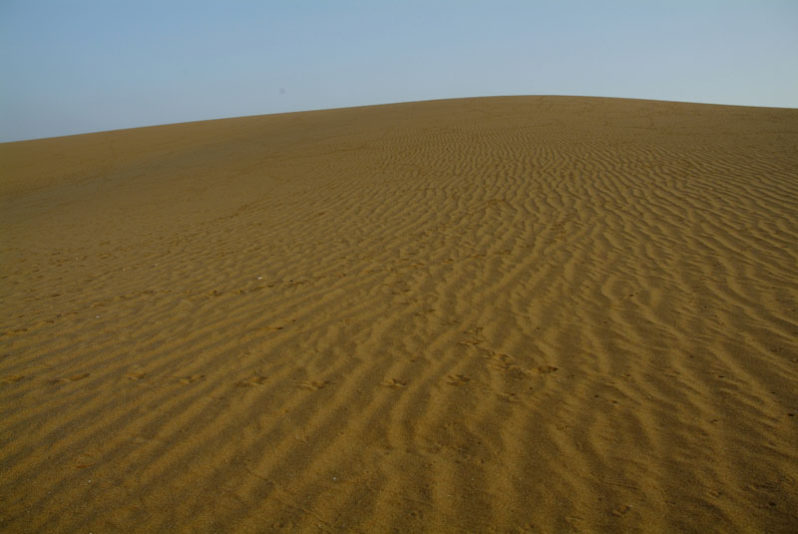
Shoyna, a Russian fishing village on the frigid shores of the White Sea, is slowly vanishing under sand that engulfs entire houses, their roofs just barely visible above the dunes.
Marine Protected Areas overlook a large fraction of biodiversity hotspots
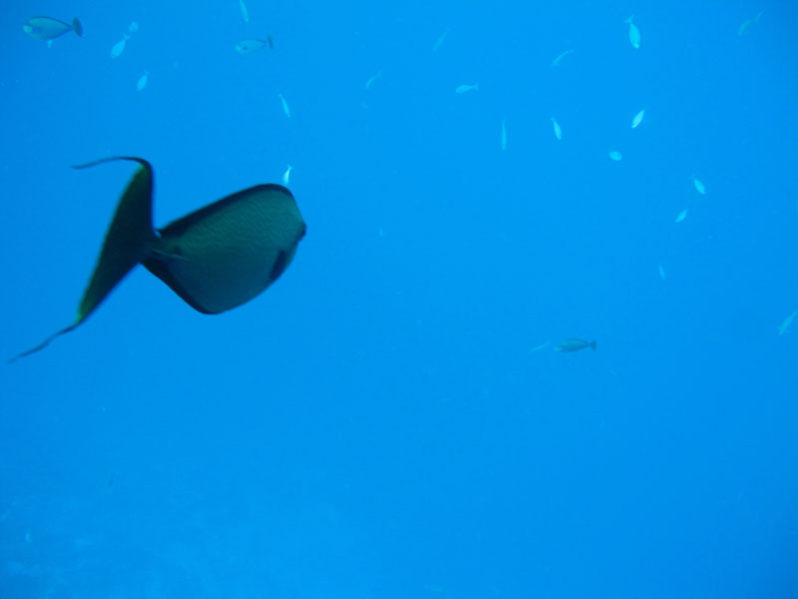
Around 75 percent of marine biodiversity in Finnish waters is left unprotected, reveals a performance assessment of the country’s current Marine Protected Area network. Increasing protection by just 1 percent in the most biodiverse areas could double conservation of the most important species.
Decline in shorebirds linked to climate change, experts warn
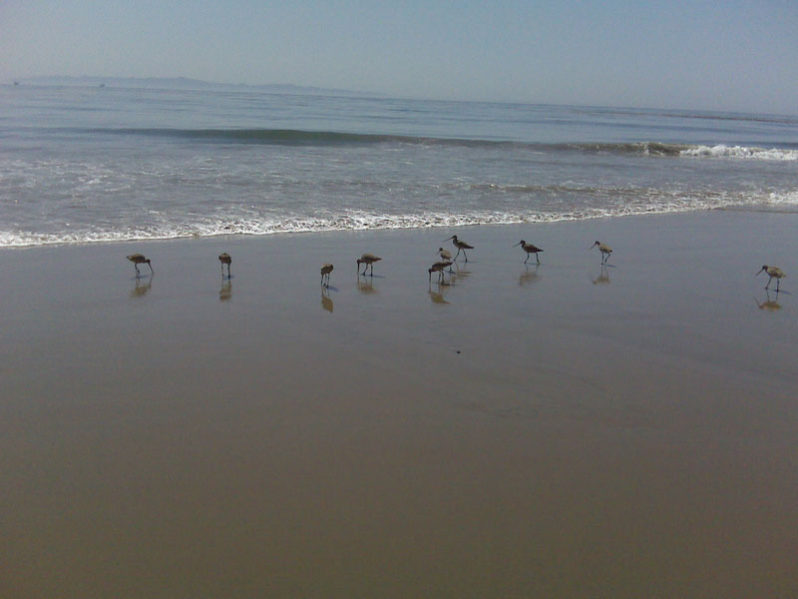
Climate change could be responsible for a substantial decline in populations of shorebirds, say researchers from the Milner Centre for Evolution at the University of Bath, following a study published in Science analysing population data over a period of 70 years.
Modern slavery promotes overfishing
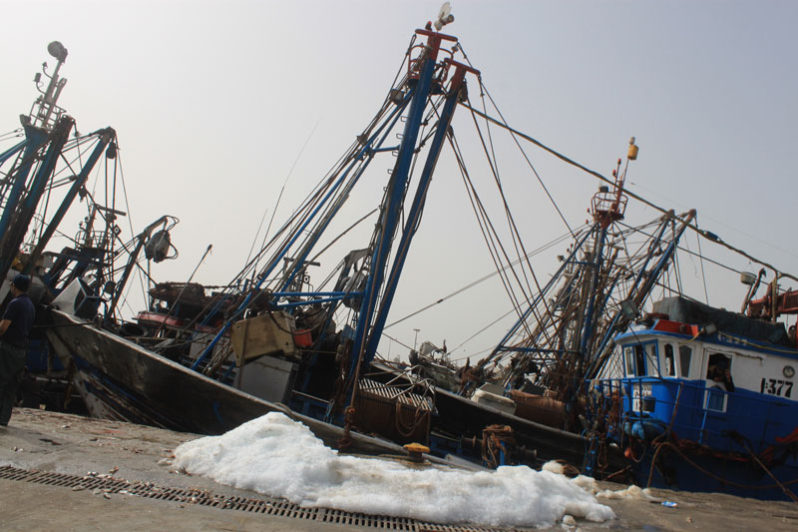
Labour abuses, including modern slavery, are ‘hidden subsidies’ that allow distant-water fishing fleets to remain profitable and promote overfishing, new research from the University of Western Australia and the Sea Around Us initiative at the University of British Columbia has found.
Humanity has wiped out 60% of animal populations since 1970, report finds
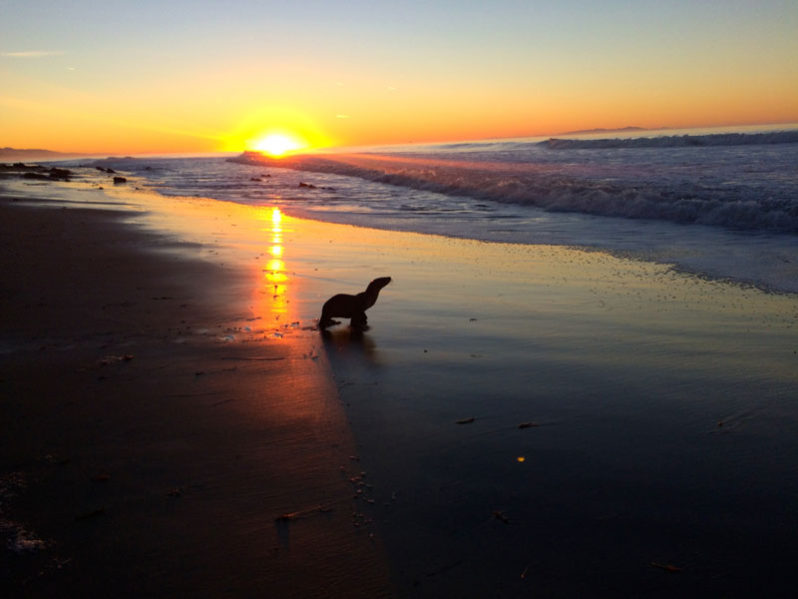
Humanity has wiped out 60% of mammals, birds, fish and reptiles since 1970, leading the world’s foremost experts to warn that the annihilation of wildlife is now an emergency that threatens civilisation.
Dolphins are simplifying their calls to be heard over shipping noise

The world’s oceans are getting noisier, humming with the near-constant sounds of ship engines, seafloor mining, and oil and gas exploration. Now, a new study has found that dolphins are being forced to simplify their calls in order to be heard over the noise.
Salty water causes some freshwater harmful algae to release toxins
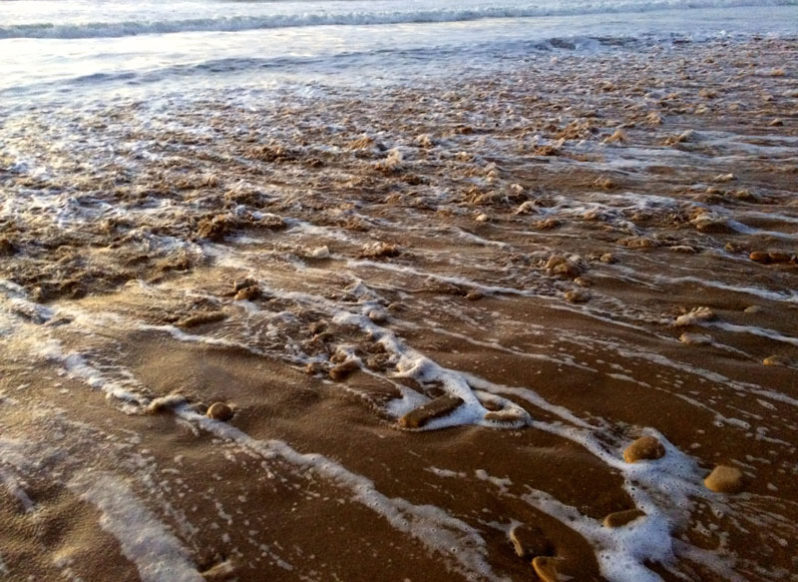
The finding suggests that understanding the mixing of fresh and salt water, which takes place in many coastal water bodies around the world, will help researchers understand the toxic effects of these harmful algal blooms.
Save Lighthouse Point, a true Bahamian treasure!
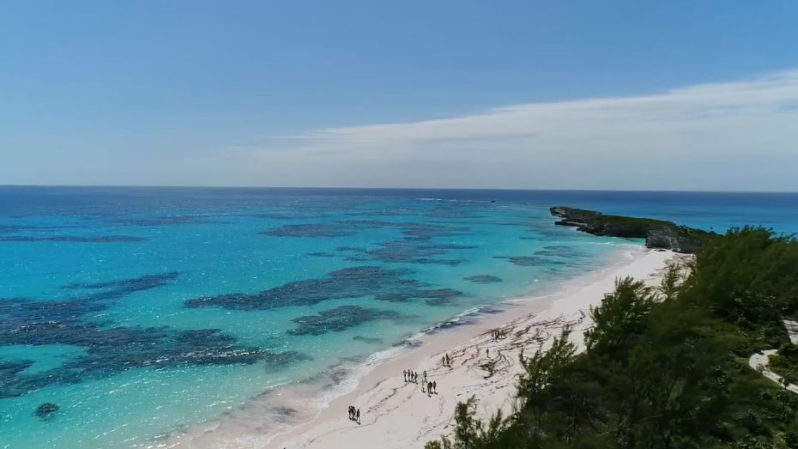
Lighthouse Point is one of the last great remaining wilderness places in The Bahamas. Located at the southernmost tip of Eleuthera, it is home to incredibly diverse and unique terrestrial and marine ecosystems as well as cultural and historic resources. Unfortunately, this outstanding Bahamian treasure is at risk of being lost to externally-driven, large-scale commercial development.
